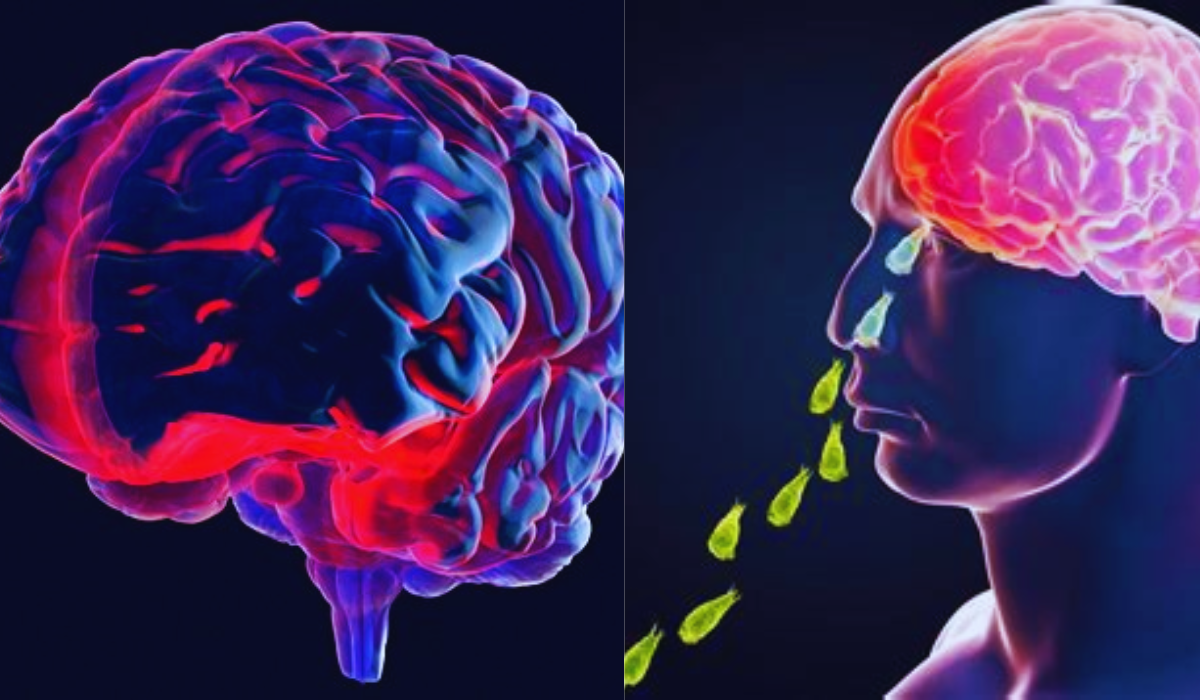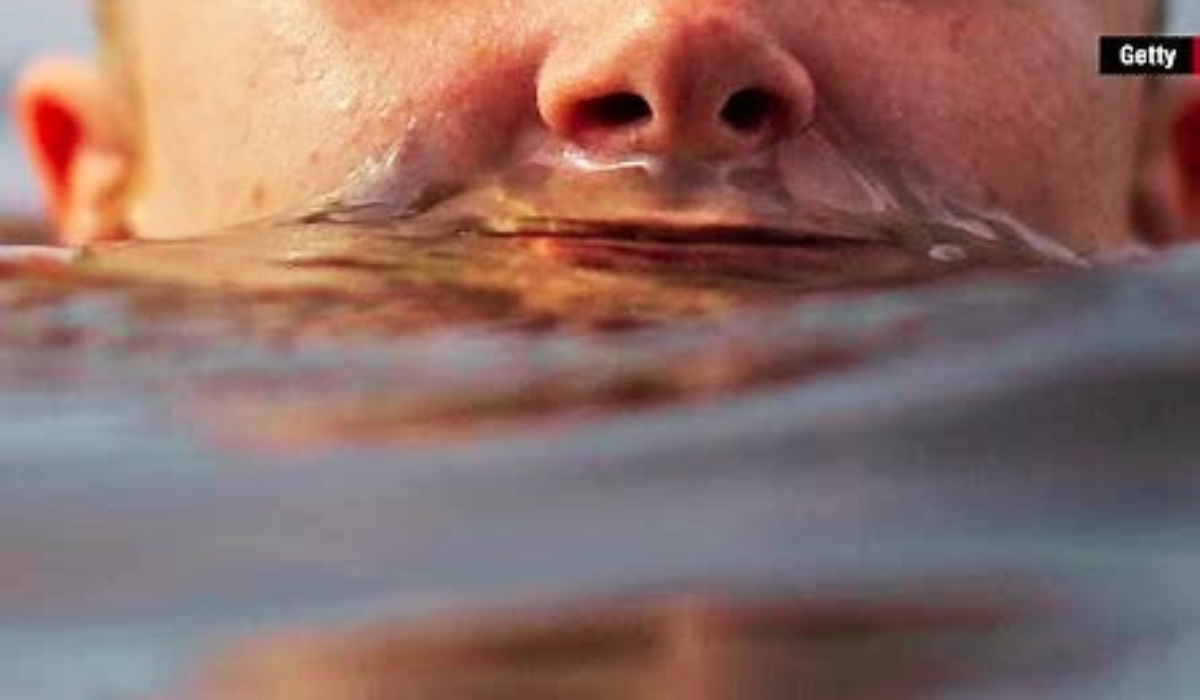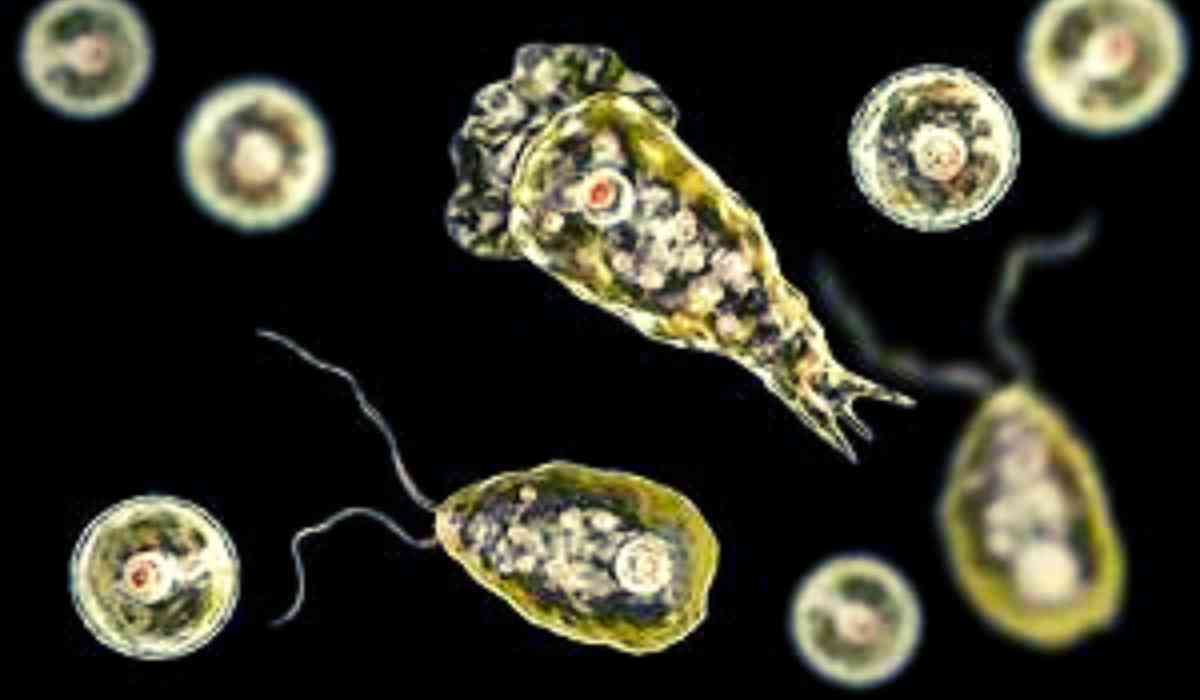On Monday, South Korea reported the first death from an infection brought on by Naegleria fowleri, also known as the "brain-eating amoeba."

Ten days after showing signs of the rare but fatal infection, a man in his 50s died. It is thought that the man contracted the disease while traveling to Thailand.
The brain-eating amoeba, also known as Naegleria fowleri, is a single-celled organism that can cause a rare and severe infection called primary amebic meningoencephalitis (PAM).
This infection is typically acquired when contaminated water enters the body through the nose, allowing the amoeba to travel to the brain and spinal cord and cause inflammation.

PAM is a very serious and often fatal infection that can cause symptoms such as fever, headache, nausea, and vomiting, followed by a rapid progression to coma and death.
It is important to note that the brain-eating amoeba is relatively rare and typically found in warm, stagnant water, such as that found in ponds, lakes, and rivers.
The risk of infection can be reduced by avoiding activities that may expose the nose to contaminated water, such as diving or water skiing, and by avoiding water-related activities in warm, stagnant water.
© Vygr Media Private Limited 2022. All Rights Reserved.



















